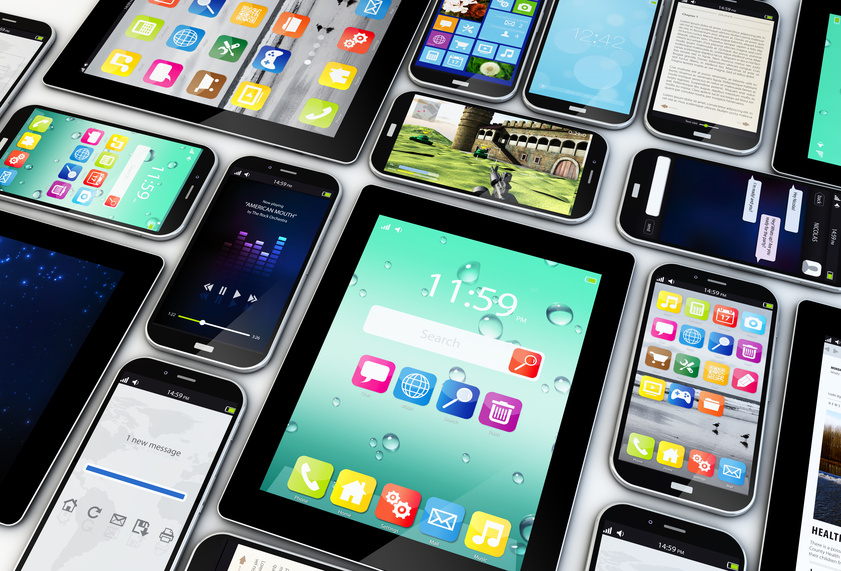The real benefit of photo editing services like Picsera is that it allows you more time focus on the bigger picture, while we handle the details. Whether you’re reviewing the work you send to us for our professional photo correction services, or tinkering with edits yourself, chances are you spend a good amount of time staring at an electronic screen.
A new study from the U.K. suggests that you might want to reconsider how much time, and the time of day that you’re doing the work. The study, according to photography news website PopPhoto.com, has revealed the physiological effects that these bad habits can have.
There have been plenty of studies regarding the negative effects devices like televisions, computers, and mobile phones can have on quality of sleep, but this new study looked specifically at what happens to the human body when it is exposed to electronic screens right before bedtime. The results might convince you to let Picsera take care of all your photo correction services if you didn’t already.
The shorter-wavelength, blue light that’s emitted can actually convince your body it’s looking at the sun, which disrupts melatonin production and ultimately can cause restlessness or lack of sleep. The conclusion of the report was published by the journal Frontiers in Public Health, and reads as follows:
“The LE devices tested were all bright and characterized by short-wavelength enriched emissions. Since this type of light is likely to cause the most disruption to sleep as it most effectively suppresses melatonin and increases alertness, there needs to be the recognition that at night-time ‘brighter and bluer’ is not synonymous with ‘better.’ Ideally future software design could be better optimized when night-time use is anticipated, and hardware should allow an automatic ‘bedtime mode’ that shifts blue and green light emissions to yellow and red as well as reduce backlight/light intensity.”
For one reason or another people do much of their photo retouching and editing work in the wee hours of the night. Unfortunately, if you’re doing this consistently it can literally be killing your body’s ability to fall asleep afterwards.
Over 1.8 billion photos are shared online each day. That equates to a lot of screen time. If you find yourself sitting in front of a screen for too long, especially let at night, consider Picsera’s photo correction services.
Of course, you could always try to get that sort of stuff done during normal working hours, but then again who’s got time for that?
FREE E-book: 20
Ideas to promote
your Startup
Ideas to promote
your Startup



